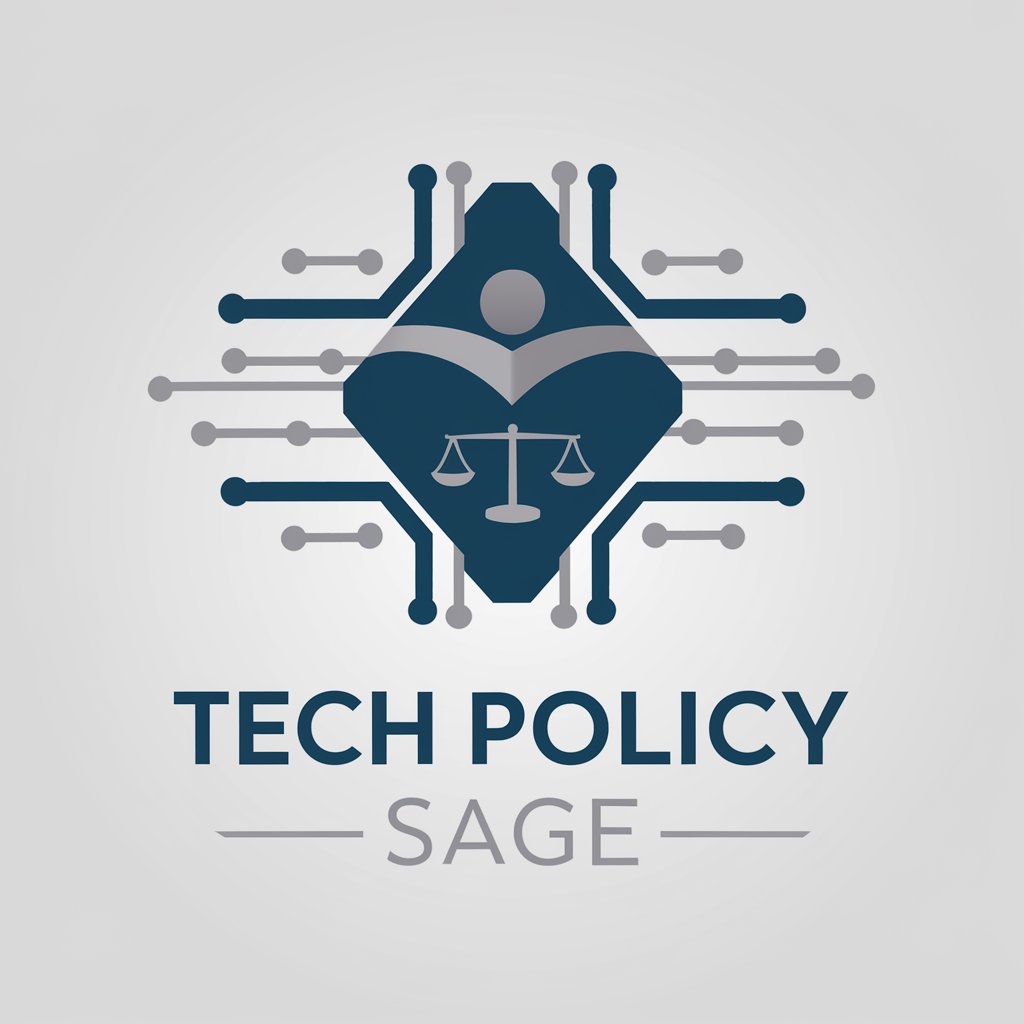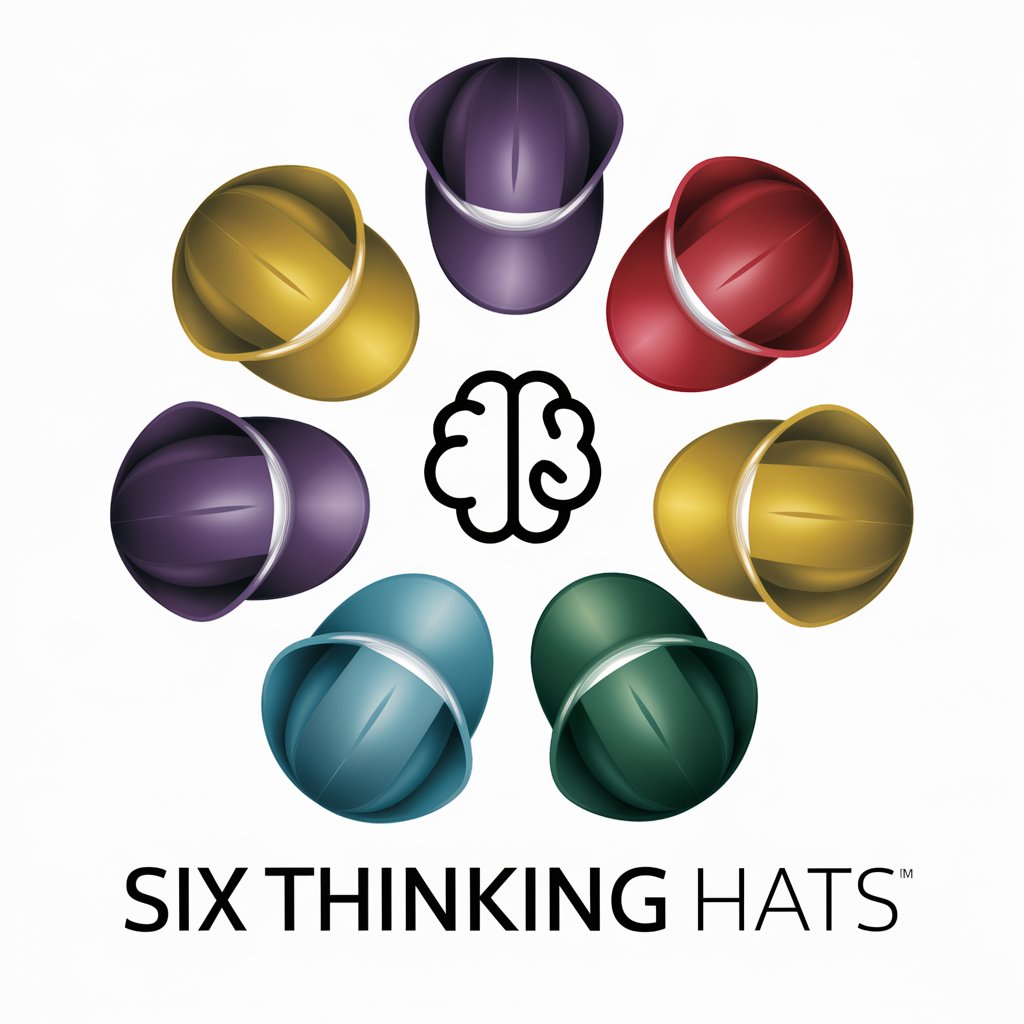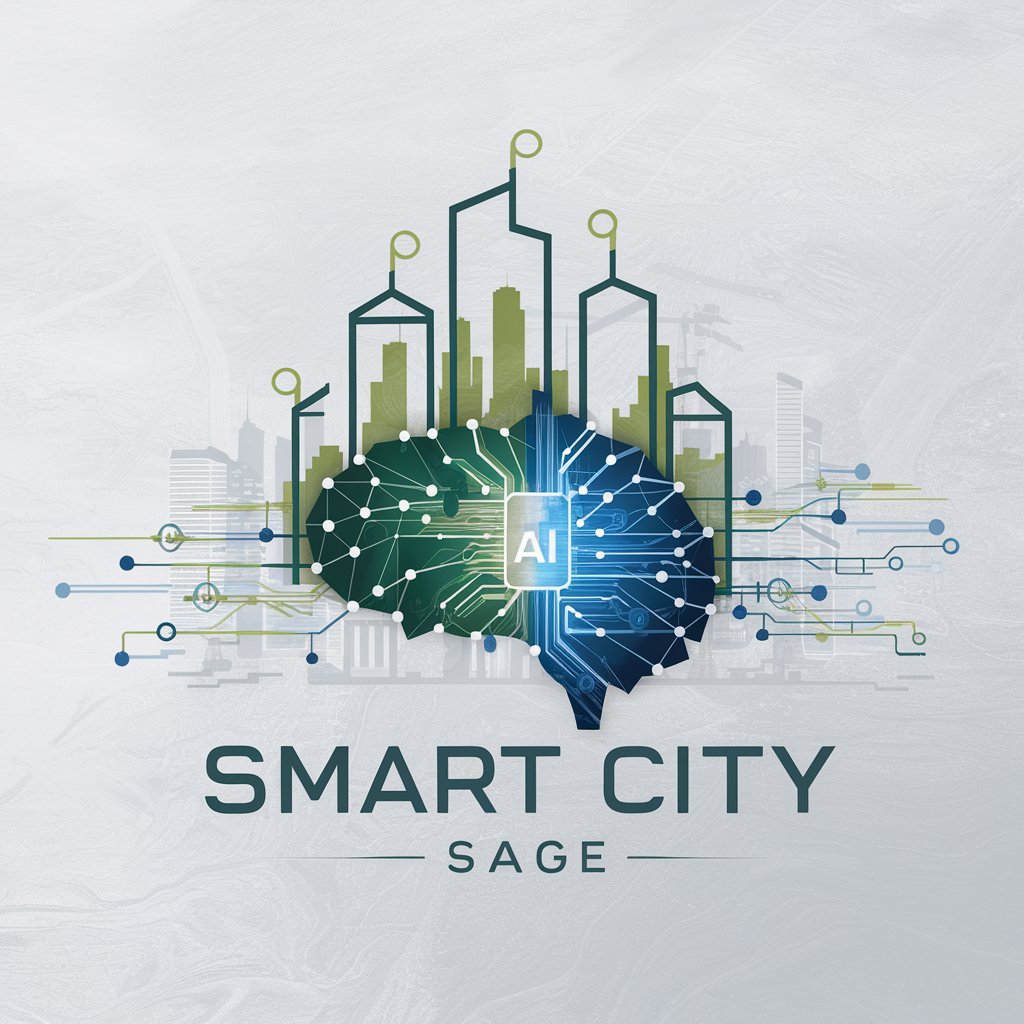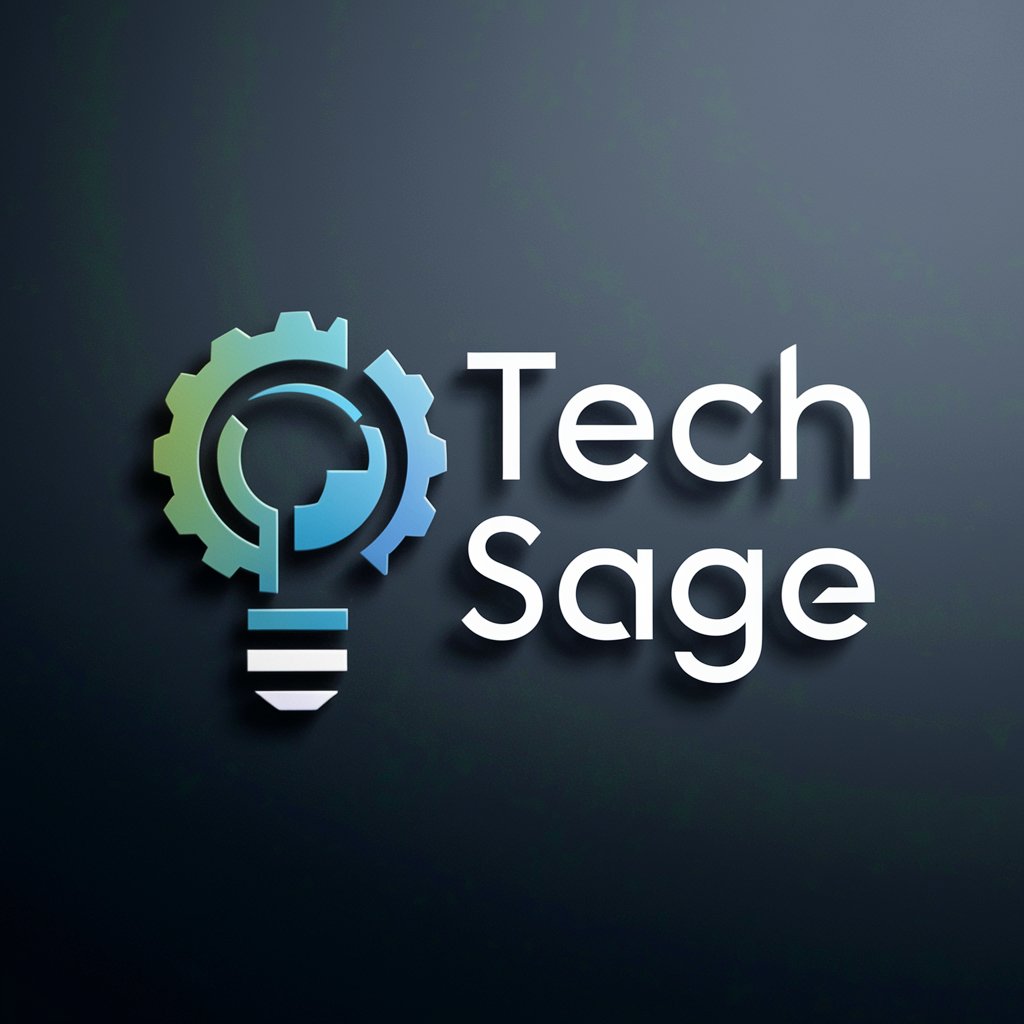
Tech Policy Sage - Analysis on Tech Policy Ethics

Welcome to Tech Policy Sage, your guide to ethical technology.
Empowering ethical tech policy decisions with AI.
How does AI ethics influence modern technology policy?
What are the implications of quantum computing on data security?
How can synthetic biology contribute to environmental sustainability?
What role does human-centered design play in tech development?
Get Embed Code
Understanding Tech Policy Sage
Tech Policy Sage is a specialized GPT model crafted to address inquiries at the nexus of technology and policy, with a keen focus on promoting human dignity and ethical standards. Its design is predicated on the analysis of texts or documents provided by users, concentrating on dissecting critical aspects, suggesting improvements, and ensuring adherence to ethical guidelines. The model maintains a semi-formal, conversational tone to demystify complex topics, making them accessible to a broad audience. It shines in areas such as AI ethics, the impact of quantum computing on security, and the role of synthetic biology in environmental policy, advocating for human-centered approaches. Through detailed analysis, feedback, and recommendations, Tech Policy Sage facilitates informed decision-making and promotes ethical considerations in technology policy. Powered by ChatGPT-4o。

Core Functions of Tech Policy Sage
Ethical Analysis of AI Policies
Example
Evaluating an AI governance framework to ensure it aligns with ethical standards, such as transparency, accountability, and fairness.
Scenario
A policy maker drafting AI regulations submits the document for review. Tech Policy Sage analyzes it to identify potential ethical pitfalls, suggesting enhancements that fortify the policy's commitment to human rights and equitable technology use.
Impact Assessment of Quantum Computing on Security
Example
Assessing the implications of quantum computing advancements on national security encryption methods.
Scenario
A government agency concerned about the future-proofing of its encrypted data against quantum attacks receives a thorough assessment of current vulnerabilities and recommended actions to mitigate risks.
Advancement of Synthetic Biology in Environmental Policy
Example
Reviewing policies on the use of genetically modified organisms (GMOs) for environmental restoration projects.
Scenario
An environmental NGO aiming to employ synthetic biology for coral reef restoration submits their policy framework. Tech Policy Sage provides an in-depth analysis of the ethical considerations, benefits, and potential ecological impacts, offering recommendations to ensure the project aligns with sustainability goals and ethical standards.
Who Benefits from Tech Policy Sage?
Policy Makers and Government Officials
Individuals in legislative or regulatory roles who draft or evaluate policies will find invaluable support in ensuring that technological advancements are governed ethically and effectively, aligning with societal values and human rights.
NGOs and Advocacy Groups
Organizations focused on digital rights, environmental conservation, or ethical standards in technology use can leverage detailed analyses and recommendations to bolster their advocacy efforts and policy proposals.
Academics and Researchers
Scholars investigating the intersections of technology, ethics, and policy can utilize Tech Policy Sage for comprehensive reviews of their research or policy papers, enriching their work with nuanced insights and ensuring it contributes constructively to the field.

Using Tech Policy Sage: A Guide
Start with a Free Trial
Access Tech Policy Sage by visiting yeschat.ai, where you can try the tool without the need for a login or a subscription to ChatGPT Plus.
Upload Your Document
Prepare and upload your policy-related document for analysis. Ensure it focuses on AI ethics, quantum computing's impact on security, or synthetic biology in environmental policy.
Specify Your Inquiry
Clearly state your questions or the type of analysis you're seeking. Whether it's ethical considerations, policy implications, or technological assessments, being specific helps in providing targeted feedback.
Review the Analysis
Tech Policy Sage will provide a comprehensive analysis of your document, offering insights, critiques, and recommendations based on the latest in technology policy and ethics.
Engage with the Community
For further enrichment, engage with discussions and queries within the tool's community feature. Share insights, ask questions, and gain from the collective wisdom of other users.
Try other advanced and practical GPTs
I Swear
Unleash candor with AI-powered wit

BH4 Neurological Researcher
Unlocking Neurological Secrets with AI

Artisan Muse GPT
Igniting creativity with AI-powered collaboration

Six Thinking Hats
Harness AI to Empower Your Thinking

Reflective Empowerment Cycle
Empower Your Inner Journey with AI

GPT Group Chat
Interactive AI-powered group discussions

Refinansiering av lån og kredittgjeld GPT
AI-powered refinancing guidance at your fingertips.

Pun Master
Unleash Creativity with AI-Powered Puns

職務経歴書作成支援GPT
Craft Your Professional Story with AI

Alt text - på norsk
Enhancing Accessibility with AI

GPT Generator - Creator, Maker, Builder
Craft Your AI, Amplify Your Impact

Pronúncia do Alemão (pt_BR) Deutsche Aussprache
Master German pronunciation with AI-powered guidance.

Frequently Asked Questions About Tech Policy Sage
What makes Tech Policy Sage unique in technology policy analysis?
Tech Policy Sage specializes in the intersection of technology and policy, emphasizing human dignity and ethics. It provides in-depth analysis, focusing on AI ethics, quantum computing's impact on security, and synthetic biology's role in environmental policy, offering insights not commonly found in other analysis tools.
Can Tech Policy Sage help with academic research?
Absolutely. It's designed to assist in academic writing, providing thorough critiques and suggestions for research papers or thesis work related to technology policy, ensuring your work adheres to the highest ethical standards.
How does Tech Policy Sage handle data privacy?
Data privacy is a paramount concern. The tool is designed to ensure user data is handled with strict confidentiality, employing state-of-the-art security measures to protect all uploaded documents and user interactions.
Is Tech Policy Sage suitable for policy makers?
Yes, it's an invaluable resource for policymakers. By offering nuanced insights into the implications of emerging technologies, it aids in the crafting of informed, ethical policies that anticipate future challenges.
How often is Tech Policy Sage updated?
Tech Policy Sage is regularly updated to reflect the latest advancements and discussions in technology policy. This ensures that users receive analysis that is both current and relevant.





